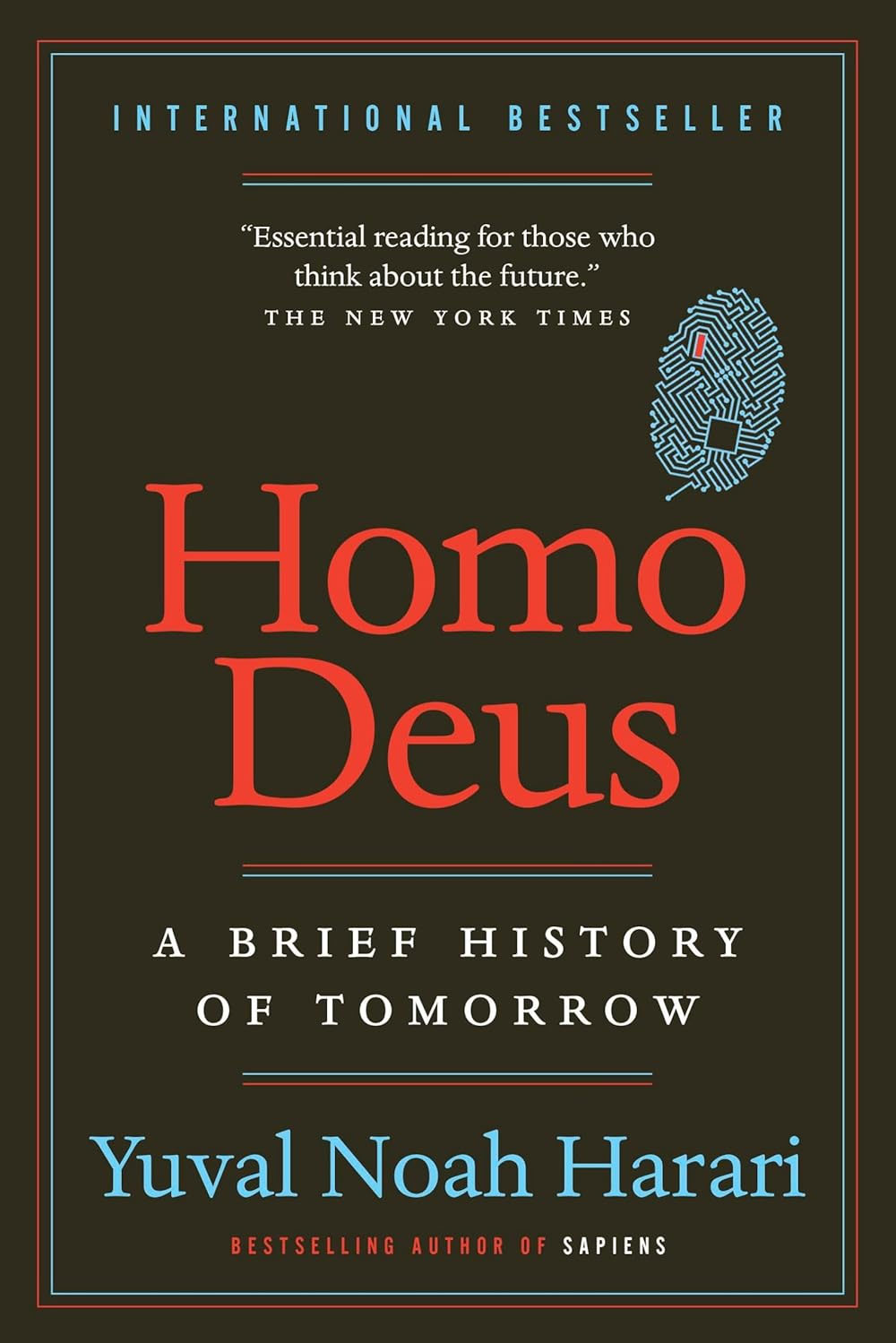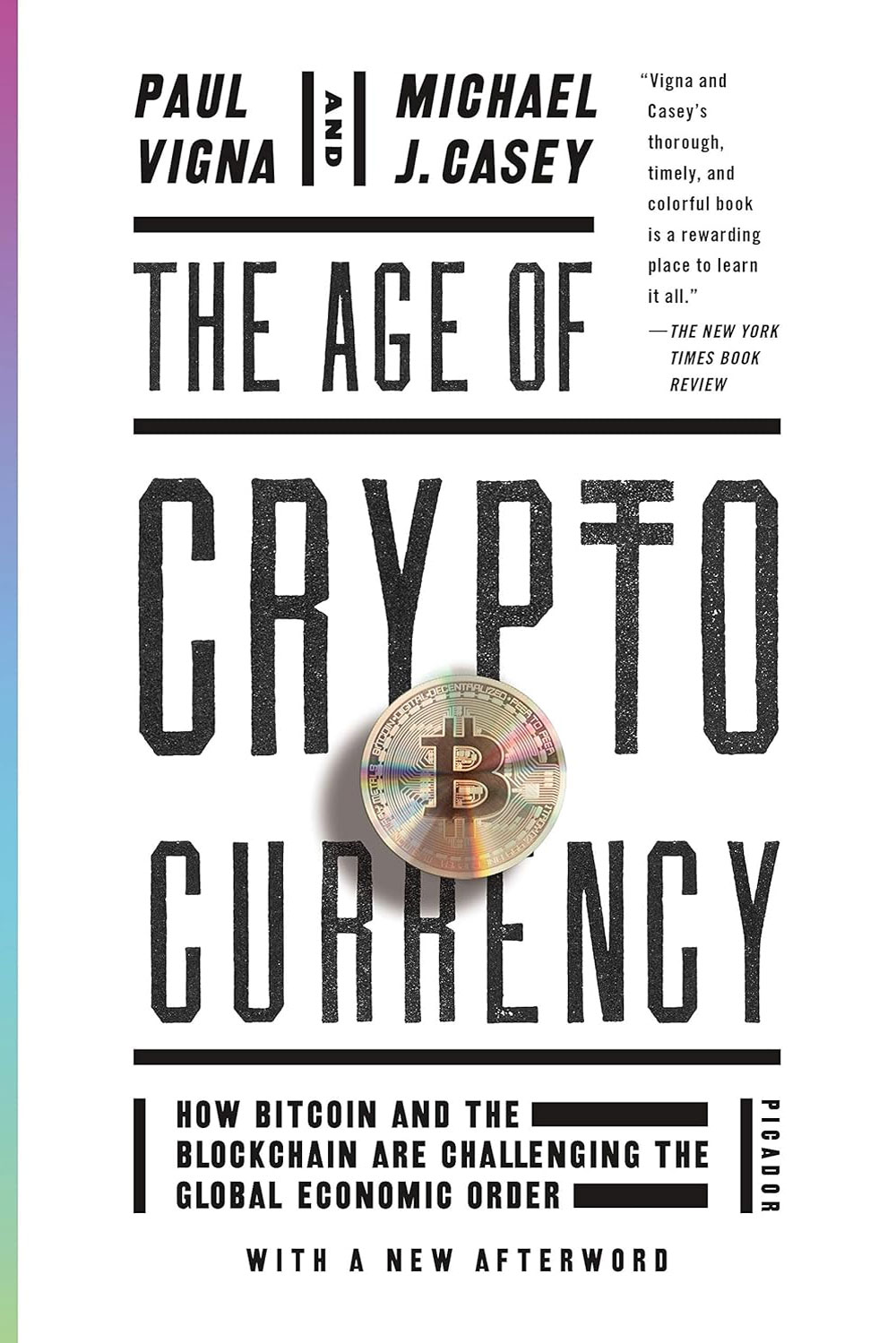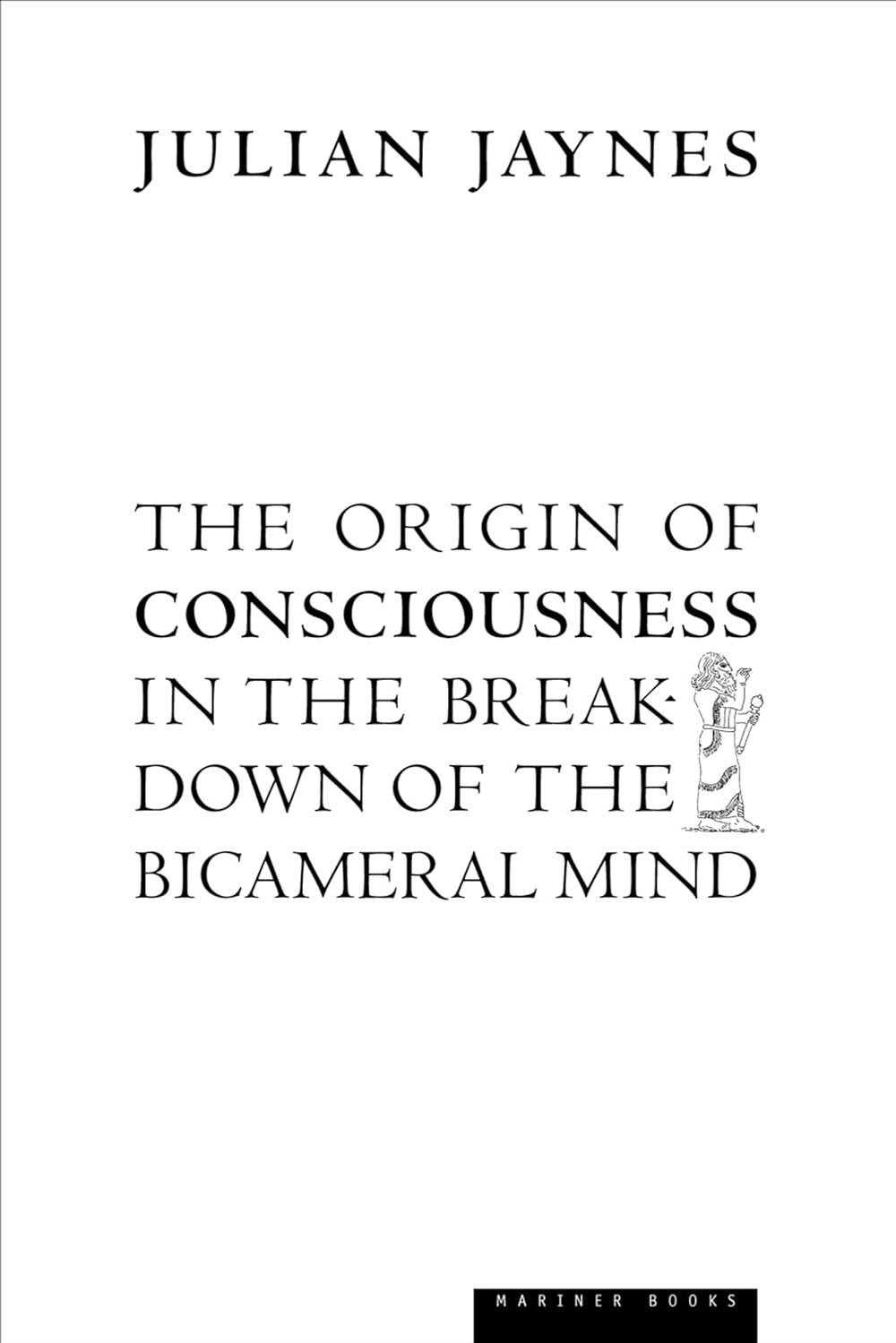Exploring the Future of Humanity
These books delve into speculative visions of the future, exploring the potential impacts of technological advancements on humanity’s evolution, consciousness, and societal structures.
Homo Deus – Yuval Noah Harari
One of the most fascinating explorations of humanity’s potential future I’ve read; it offers insights into the promises and perils of technological advancement. It broadened my understanding of how our species’ quest for progress could shape the world while sharpening my awareness of its potential dangers.
Life 3.0 – Max Tegmark
Life 3.0 provides a thought-provoking exploration of the possibilities unleashed by artificial intelligence; it invited me to envision a future where AI augments human capabilities and enhances collective well-being. It fueled my optimism for the transformative potential of technological innovation.
The Singularity Is Near – Ray Kurzweil
Ray Kurzweil’s vision of technological singularity offered a provocative glimpse into a future where machine learning and human intelligence converge. The book fueled my curiosity about the future possibilities and potential for AI to transcend its limitations.
The Age of Surveillance Capitalism – Shoshana Zuboff
This sheds light on the darker side of technological progress, revealing how our personal data is exploited for profit and control. It left me with a sense of urgency to advocate for greater privacy protections and the absolute need for anonymity in the digital age to safeguard individual rights.
Our Final Invention – James Barrat
A cautionary tale of artificial superintelligence serving as a stark reminder of the existential risks posed by uncontrolled technological development. This book deepened my conviction for the need to prioritize ethical considerations in the pursuit of AI advancements.
Weapons of Math Destruction – Cathy O’Neil
Cathy O’Neil’s critique of algorithmic bias reinforced my skepticism towards centralized decision-making and underscored the importance of individual autonomy in the face of technological advancement.
Perspectives on the Future of Technology and Society
The following books offer perspectives on the intersection of technology and society, discussing topics ranging from artificial intelligence and machine learning to the psychological and societal impacts of rapid technological change.
Superintelligence – Nick Bostrom
Nick Bostrom’s exploration of superintelligence stimulated my optimism for the potential of AI and blockchain technologies to address societal issues, while also deepening my awareness of the risks associated with their unchecked advancement.
The Master Algorithm – Pedro Domingos
The search for the master algorithm underscores the transformative potential of machine learning, blockchain and the quest for universal knowledge. It inspired me to consider the need for ethical considerations in shaping the development and adoption of these technologies.
Future Shock – Alvin Toffler
Alvin Toffler’s exploration of the rapid pace of technological change and its societal impacts resonated with me. It pointed out the imperative of cultivating resilience and adaptability in the face of uncertainty while fostering responsible innovation that prioritizes humanist values.
A Roadmap to Tomorrow’s Socio-Economic Dynamics
Focused on socio-political economics, these authors explore the interplay between economic systems, political ideologies, and societal structures, offering insights into issues such as digital currencies, free-market principles, and historical governance dynamics.
The Age of Cryptocurrency – Paul Vigna & Michael Casey
It showcases the disruptive potential of blockchain technology and digital currencies, offering a glimpse into a decentralized future of finance and governance. It strengthened my belief in the power of decentralized solutions to reshape democracy by creating a true separation between money and state.
The Uncommunist Manifesto – Mark Moss & Aleksandar Svetski
This manifesto confronts conventional economic ideologies, advocating for free-market principles and individual liberty. Its thought-provoking insights into economic ideologies fostered my skepticism towards centralized planning and bureaucratic control.
The Bicameral Mind – Julian Jaynes
This provocative theory challenged my understanding of human consciousness and governance, prompting me to reevaluate the historical and psychological foundations of societal structures driven by divine commands and hierarchical structures, underscoring the importance of critical thinking.














